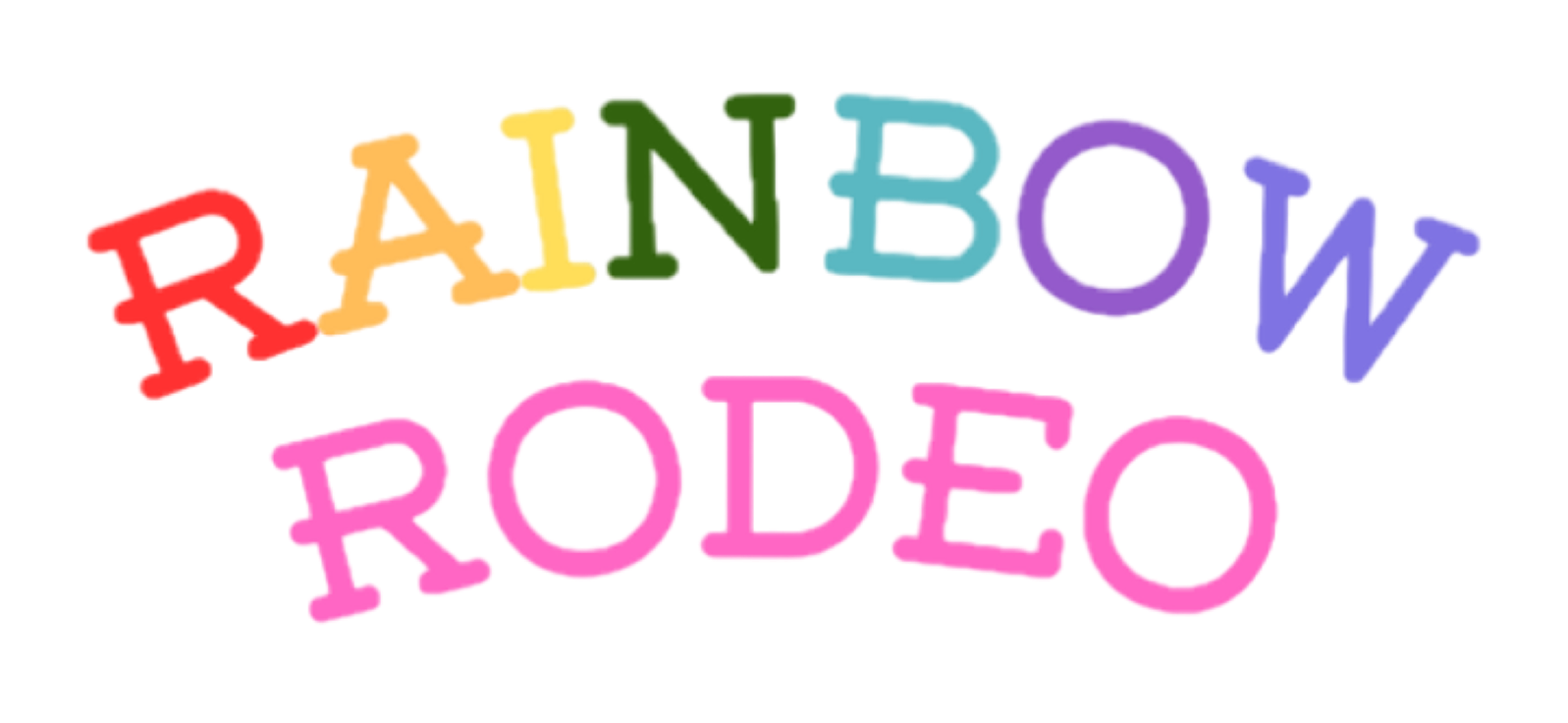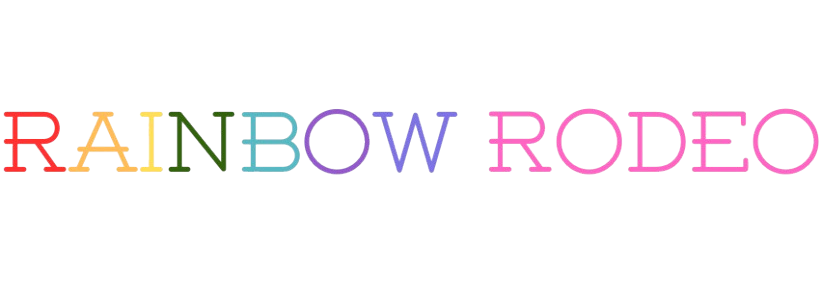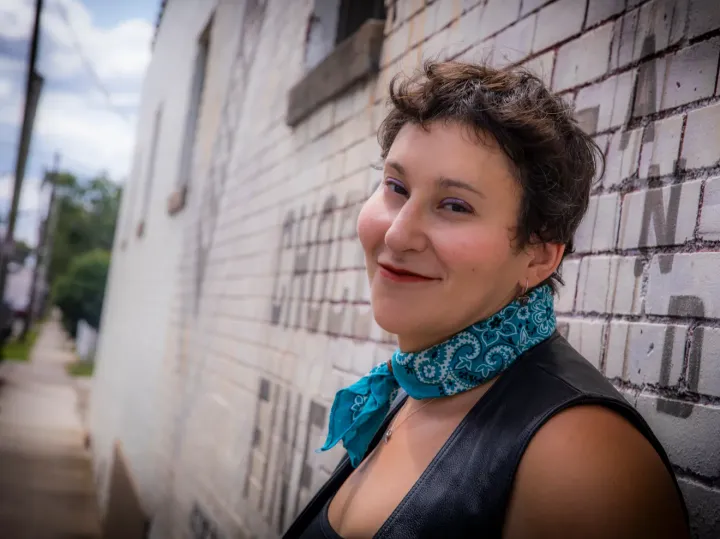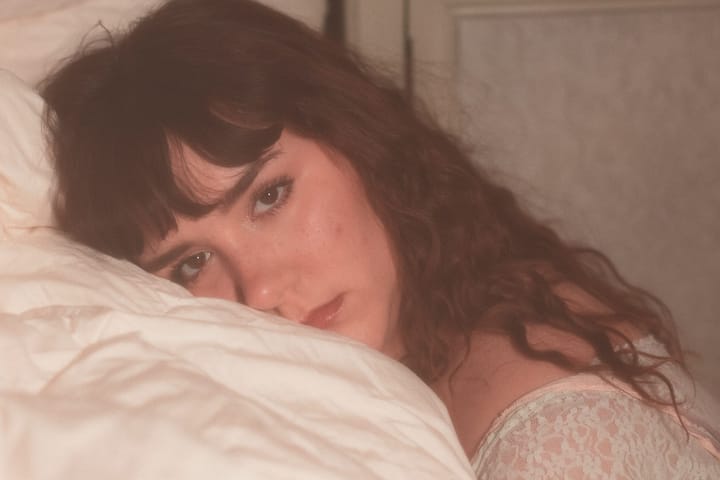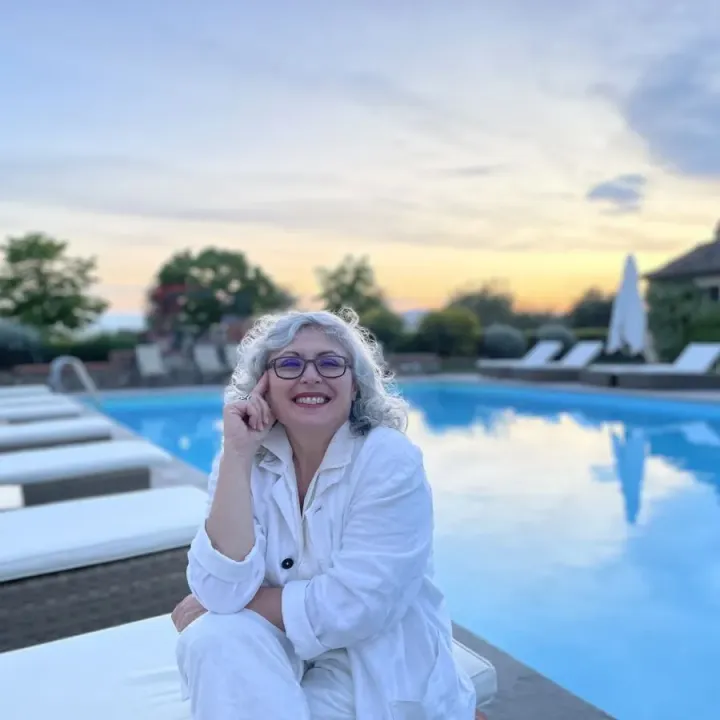INTERVIEW: Rachael Sage Barrels to The Other Side

Staci B‘s interview of Rachael Sage was made possible thanks to contributions from readers like you. Subscribe to our Patreon today for $2 a year to help Rainbow Rodeo feature journalists who write by and for the LGBTQ+ community!
On her new album, artist Rachael Sage (she/her) continues the evolution of her music by sharing songs that demonstrate her personal evolution and the many ways the world has affected it. With a bit of twang woven through her usual alt-rock-folk melodies and the hallmark of great country music – thoughtful storytelling, her new work is both thought-provoking and hopeful. Staci B sat down to talk with Rachael about music, entrepreneurship and navigating the choppy waters of contemporary culture. (Edited for length and clarity.) Sage’s new album, The Other Side, will be out tomorrow, July 21st.
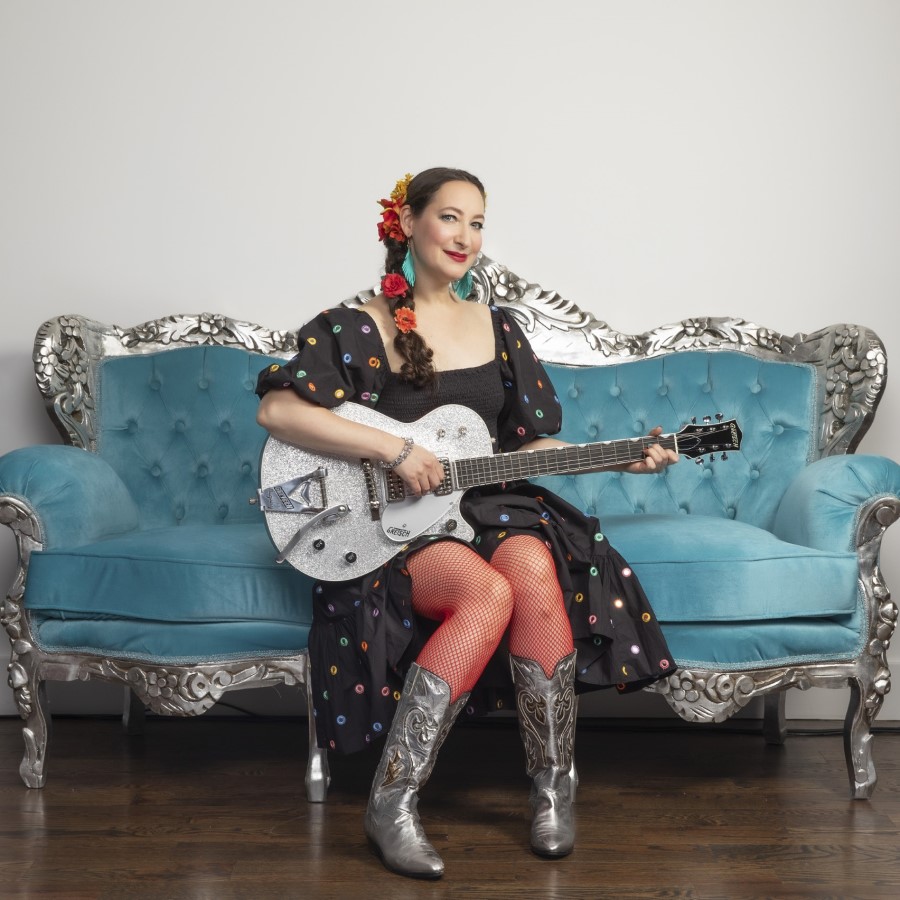
The Other Side, which is the name of the new album, can mean a lot of different things. What inspired the theme?
During the pandemic, we were all so individually up and down and kind of jerked around. We were hopeful, devastated, in mourning, excited. There were just so many highs and lows. And rather than approach the record from that rollercoaster perspective, I was more interested in figuring out how are we going to be different coming out of this? What do we need to change to have the lives we want when it’s over? It was interesting to really take stock of that because in certain ways, I think a lot of people really evolved dramatically and made radical changes in their lives and in their thinking. Then in other ways it was all about craving what we’d had before. I wanted to explore this concept of duality from a different angle.
This is your 15th album. How do you see your evolution musically and how does it intersect with your personal evolution?
My musical evolution is really about the substance of what I’m writing more than anything related to my musicianship. When we’re young and figuring out who we are – full of angst, self-determination, and frustration – we write a lot about our own feelings, our own perspective. I think what’s different about this record is that it’s much more about the collective consciousness that I like to think we all tapped into during lockdown. Ideally, hopefully, we’ve held on to some of that urgency in terms of recognizing how precious life is, how precious we are to each other and how precious this planet is.
As someone who has gone through physical illness, in the form of cancer, I think I was already sort of tapped into that deep sense of gratitude, not taking anything for granted and appreciating everything moment to moment. With the pandemic, it kind of felt like everyone went through that kind of experience. And on the other side of it, for me, it’s about just being as present and generous as possible, to lift each other up and to help each other get through this eccentric life that we all lead because that’s what we’re here to do.
In the song, “Whistle Blow,” there is a line that says “Learning to be heard is a Herculean art.” Where did that come from?
The song itself was fueled by very specific, current events that were happening throughout lockdown where it seemed like just as we were breathing a little easier, embracing someone in a position of leadership that we felt had our backs, there was always a disappointment. The song is less about that disappointment and more about highlighting the strength it took for certain individuals to speak up to authority and call out bad behavior.
I was interested in that moment where these women decided, I’m going to tell my truth. I’m going to share this, come what may. I’ll be attacked. I could lose my job. I could have people spew vitriol at me, but I believe in justice. As a songwriter, and as a sometime actor, those moments of self-realization fascinate me because we all have them. So that’s where that line came from. I think as a woman in the music business as well, I could relate on a different level to any woman in the workplace who feels that they are being abused in some way and having it played off as normal.
What do you enjoy about country music?
I gravitate more toward old country, artists like Loretta Lynn, John Prine and Johnny Cash. I love their music for the same reason that I love folk. It’s story based and about chronicling people’s lives who often aren’t given the microphone. I think a lot of old country and rootsy music is very brave because it opens wounds and looks for the beauty in those situations when people find redemption or rise above their circumstances. So, I find it very inspiring across the board. My mother is from Atlanta, she’s southern, so I have some Southern Jewish roots and it’s been interesting for me to discover my parents’ love for country music. I recently went to Nashville with my dad, and we saw the Loretta Lynn tribute at the Ryman. It was just amazing.
The song “I Made a Case” from the new album is a collaboration with Howard Jones. How did your relationship start?
I have loved his music since I was 12 or 13 and I would listen to him on MTV all the time. “No One is to Blame” was one of my favorite songs. I kind of fancied myself a baby Howard Jones because I would schlep around my synthesizer and drum machines and play. I was quite different stylistically back then; it was all synth pop for me at that point. And he was writing smart synth pop. It was emotional and it connected with me much the way that folk music did later. I didn’t realize I was learning from him how to tell a story, how to write lyrics that were deep, but also catchy.
About eight or nine years ago, I randomly saw that he was playing in England, and I asked my agent to present me, and the opportunity came and went. I don’t even think he ever got the email. It went into the ether. We tried again a couple years after that. And immediately he called my agent and said that he loved my music and would love to have me on tour with him. I mean, it was something out of a movie. I was like, is this real? I have his Keyboard Magazine framed on my childhood bedroom wall. It was pretty wacky.
He turned out to be the most lovely person and very generous with this process. Sometimes you ask someone to be a special guest, especially if they’re a luminary, and they give it their one crack and they’re on with their day. He called me and wanted to make sure it worked for me musically. That was the most important thing for him. And we did tweak it and finesse parts. We spent a good deal of time on it, and he was just so gracious. It’s all about the song for him.
How is it different being out on tour at this stage of your life versus when you were younger?
I am a pretty uncontroversial, not very rock and roll singer songwriter. And we joke about it a lot on tour. I’ll be in the car doing yoga and my violinist is meditating and Meredith, my tour manager’s just like, “What happened to the good old days?”
I will say that the exhilaration of being back out on the road, doing what we love and performing live has never felt so vital because I think people are really hungry for it and they’re so eager to tell me what’s going on with them. They always have been, but it feels like now it’s even more so.
How different do you think it would be had you not created your own label, MPress Records in 1996?
I had no idea that I was taking risks or that I could be kind of called out for anything. I just was determined and wanted to move forward to find an audience. I also was just figuring out who I was and that’s what having my own label allowed me to do. There are aspects of being with a major label where I think that would’ve been superimposed.
I think my decision to run the label was equally one of nervousness about what other people would try to make me do and being curious and eager to figure it all out myself. As a feminist and someone who has been doing female empowered art for many, many years, I really am so grateful that I struck out right when Lilith Fair was starting. It gave me a lot of confidence to be among all these amazing women like Sarah McLaughlin and Alanis Morisette and Tori Amos, who were paving the way.
I don’t romanticize it, but I certainly got to make all the mistakes myself and learn from them. It’s been empowering. It’s been a grand adventure, and it continues.
Where are you going from here?
I continue to grow the label and am signing another artist this year. It’s a different direction stylistically and I’m sure that that will influence my work. Maybe my next record will be a punk album or a harder rock record. It’s very exciting. There are so many types of songs and so much music that I want to make, but ultimately, it’s all about getting on stage and performing it and touring the music live, because that’s it all comes full circle for me when I can share that experience in the moment with other human beings in the same space.
The Other Side will be out tomorrow, July 21st. You can pre-save the album here.
Rachael Sage — Official, Facebook, Instagram, Twitter, TikTok
